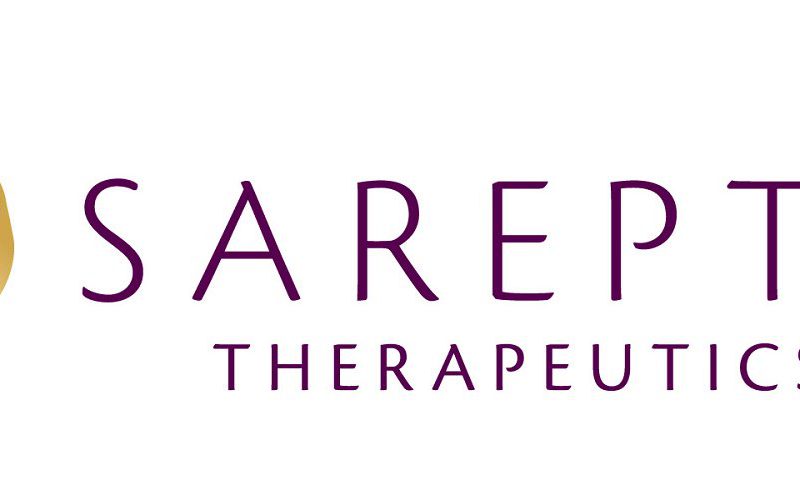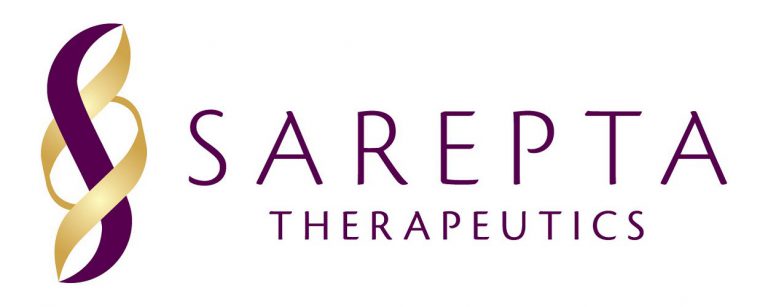Sarepta will seek re-examination of the opinion and request that a Scientific Advisory Group (SAG) be convened
Sarepta have announced that the Committee for Medicinal Products for Human Use (CHMP) of the European Medicines Agency (EMA), has adopted a negative opinion for EXONDYS (eteplirsen). As set out in our previous article ,we unfortunately expected this to be the case. EXONDYS is designed to treat patients with Duchenne muscular dystrophy (DMD) amenable to skipping exon 51 of the dystrophin gene.
As previously reported on Sarepta’s May 5, 2018 earnings call, a negative opinion was anticipated following the oral explanation trend vote. Sarepta will request a re-examination of the opinion, which will result in the assignment of a new rapporteur and co-rapporteur. The Company will also request a Scientific Advisory Group (SAG) on Duchenne be called so that neuromuscular specialists, experienced with working with treatments for these patients, can provide expert guidance and insight into, among other things, the validity of the external controls used and the importance of certain functional endpoints, including for instance, the relevance of meaningful slowing pulmonary decline in patients with this difficult to treat disease. The re-examination process is expected to be completed by year-end 2018.
Diana Ribeiro, Chief Executive Officer and Director of Research at Action Duchenne said: “Whilst we appreciate those living with Duchenne may be initially disappointed by the negative opinion of the EMA’s CHMP. Sarepta Therapeutics have confirmed today that they will request a reexamination of the data and further meetings with the EMA, with final outcome due towards the end of this year. Action Duchenne has been in contact with the team at Sarepta and other fellow global patient organisations. We will keep you updated as soon as any further developments arise. If you have any questions or queries in the meantime, please feel free to get in touch at any time.”
About EXONDYS (eteplirsen)
EXONDYS (eteplirsen) is being developed to treat individuals who have a specific type of Duchenne muscular dystrophy (DMD), comprising 13 percent of the overall population who have one of the mutations amenable to exon 51 skipping. If approved, it would be the first injectable therapy in Europe designed to treat the underlying cause of DMD — the lack of a protein called dystrophin, which is critical for muscles to function properly.
EXONDYS utilizes Sarepta’s precision RNA splicing technology to correct specific genetic mutations and produce a shortened, but functional, form of the dystrophin protein.



 Daiichi Sankyo announces Phase 1/2 clinical trial results
Daiichi Sankyo announces Phase 1/2 clinical trial results

